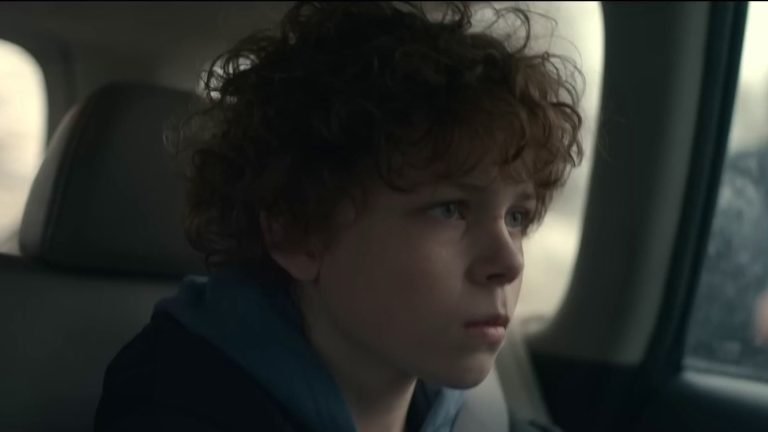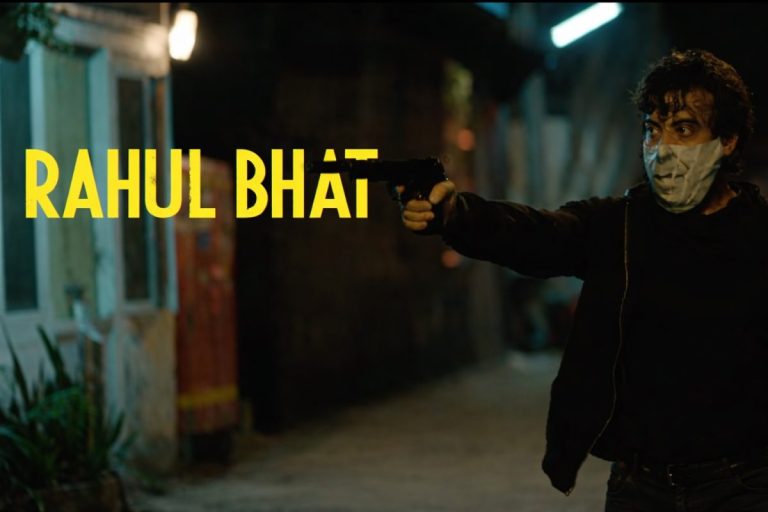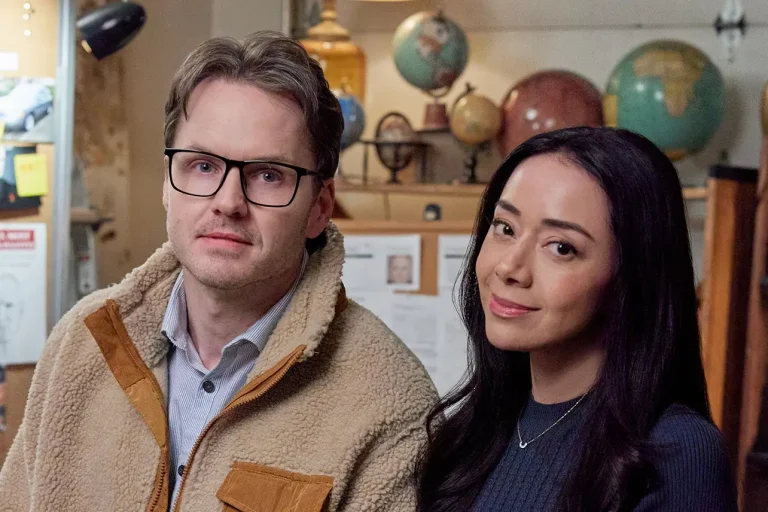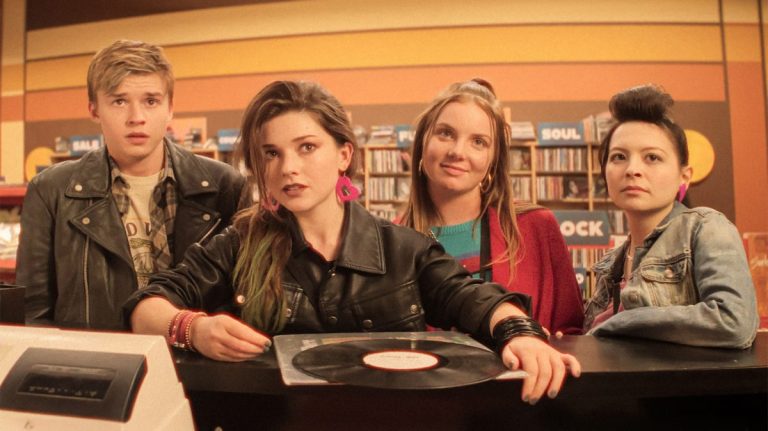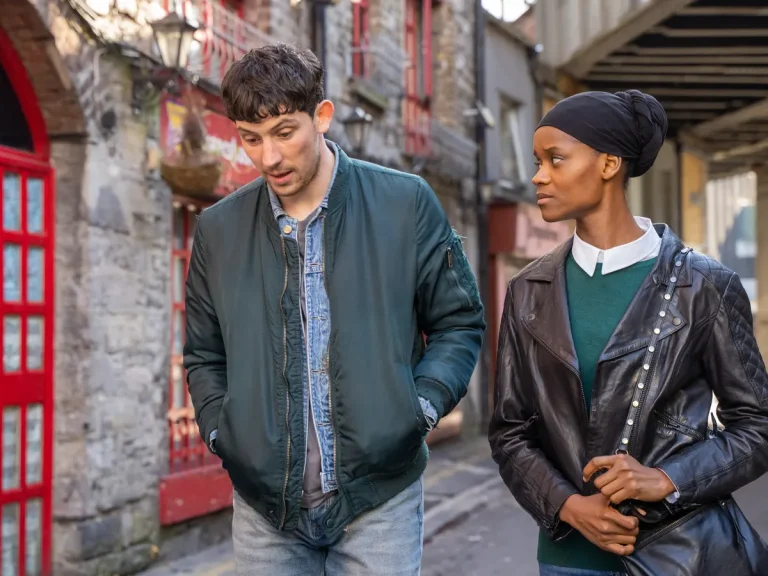X-Men ‘97 (Season 1) Review – Here’s a little exercise: try to read the X-Men storylines Inferno, Lifedeath, E is for Extinction, and Zero Tolerance. The difficulty would be evident almost immediately. Notwithstanding the sheer energy and posturing of the artwork, as well as the writing in those comics, there would be a certain level of insulation. So much of the story is mired in X-Men backstory that it would be impossible for the average new reader to make heads or tails of it, and even the stories themselves might share a fantastic premise or an astonishingly brilliant kernel of an idea. Still, the requirements of crossover storytelling within comics among the Big 2 publications necessitated a level of convolution that translated the entire story into molasses. It would be hard to break through.
X-Men ‘97 is ostensibly the sequel to the wildly popular animated series starring the eponymous mutant team of the Marvel Universe, which had been the rage at every kid’s house on Saturday morning in the ’90s. One of the major criticisms that I could transplant on this new show is that, because it is a direct continuation, certain character dynamics and interactions would be completely unfamiliar or wildly different from established conventions within the past two decades. Unlike the movies, Wolverine isn’t the most important character of the X-Men. He is very much a supporting character within the mainline X-Men comics as well as the show itself.
What showrunner Beau DeMayo, with his crack team of animators, managed to execute is the purest and perfect distillation of the convoluted storylines that I had highlighted in the first paragraph. It does make some episodes, like episode 3, which effectively compresses the entire 30-issue arc of Inferno into a 28-minute episode, feel jam-packed but never overstuffed. It’s a precariously fine line that DeMayo and his team balance exceedingly well.
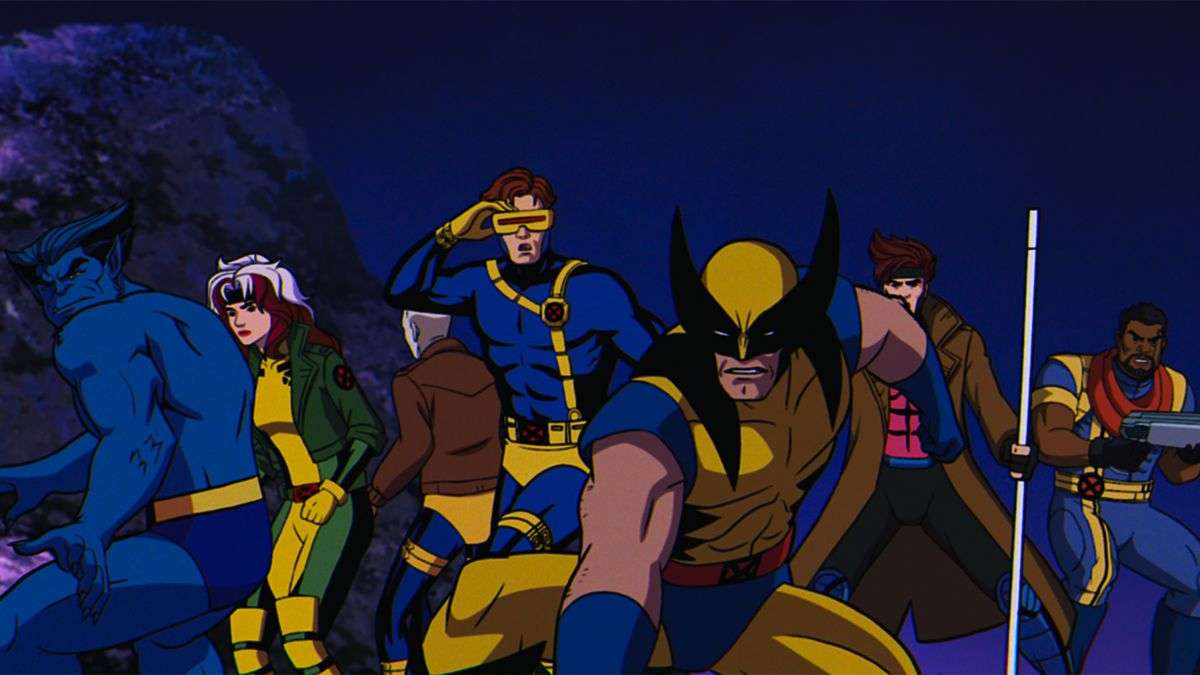
Arguably, the finest moment of X-Men ‘97 would be episode 6. Titled “Remember Me.” It showcased the destruction of mutant utopia Genosha and the horrors of genocide, with the beauty of the animation not shying away from the visceral horror of the events. X-Men had always been allegorical regarding discrimination and atrocities against marginalized groups, and none brought the ethos of the X-Men into sharper focus than the destruction of a mutant utopia by a group hellbent on destroying them because they are simply different. In the context of the current climate of 2024 and geopolitical events occurring around the world, this episode hits harder than one might expect.
The show, through that episode, also kills one of the primary cast members of the core X-Men team, raising the stakes significantly. But that wouldn’t be possible without the characters being given ample dimension so that they sound like grounded people even amidst the flowery and melodramatic dialogues. The X-Men comics had also been soap operatic, and in the hands of Chris Claremont in the 80s, the melodrama had taken on almost a novelistic attitude, with characters espousing their internal monologues through a distinctive verve. DeMayo and his team maintain that verve while trying to update it to suit the intricacy of modern vernacular.
The primary characters are eerily compelling. The central dynamic between Magneto and Charles Xavier has always been a highlight, and in the show, putting Magneto in an uneasy alliance with the X-Men makes his character all the more compelling. The best villains are those whose ideologies make sense, and in multiple instances, Magneto’s justification becomes harder to ignore, even within the context of the world around the X-Men. A similar dilemma is faced by Cyclops and his relationship with Jean Grey and his son Nathan Summers, who is revealed to have a far more complicated backstory that would make even the most seasoned soap opera viewer raise their eyebrows. In the hands of other writers, this entire plot thread would have devolved into cringe-melodramatic nonsense. Here, though, it pivots into Cyclops’ moral dilemma of trying to be better than his father and managing to fail in the process.
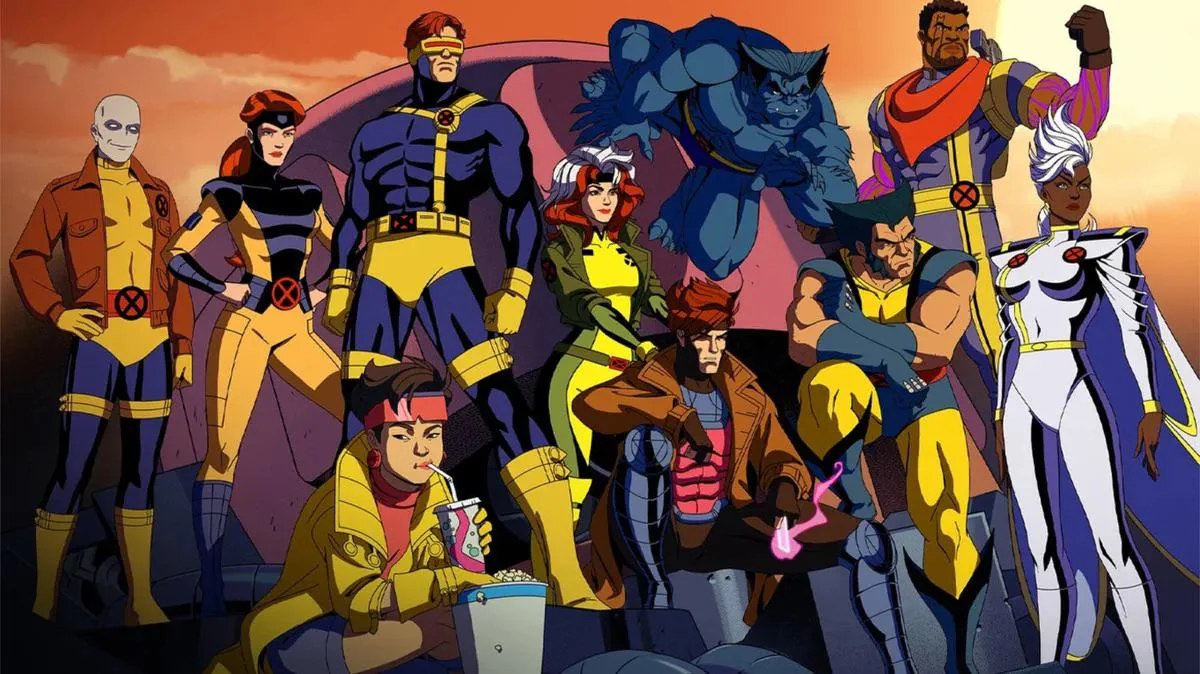
It sounds cliche, but the X-Men had grown up, along with its viewers.
But they hadn’t grown up entirely. The primary attraction of the X-Men had been the colorful costumes and the fight scenes between the X-Men and their cadre of enemies, be it the Brotherhood of Evil Mutants, the Marauders, the Morlocks, etc. Here, too, the animation had been a cause for suspicion for me because Marvel Animation since “What If” had utilized a sort of cel-shading that gave a glossy sheen to the frames and the character layouts, but the movements were relatively stiffer.
But here, the ethos had been to stay true to the animation style of the 90s and try to update them, and there is a certain mix of shonen anime style along with a mild sense of cel-shading that works like a charm for the show. It especially looks gorgeous when depicting the action set pieces, truly managing to bridge the gap between the imagination of the young viewers of the original series and the limited animation of that series in its later seasons.
But that’s not to say that X-Men ‘97 is without its flaws. For one, the show isn’t the most new-viewer-friendly, and it requires at least a cursory knowledge of the X-Men before jumping into X-Men ‘97. But that doesn’t take away from the fact that the show isn’t simply peddling nostalgia. It manages to be a legitimate continuation of the original show while also expanding this corner of the Marvel Multiverse through slow and steady steps. Secondly, the primary villain of the show, when revealed, falls mildly flat. I am fully aware that hindsight is 20/20, and considering how much of a nothing-burger Bastion had been as a villain in the original, X-Men ‘97 manages to give Bastion layers, even though it doesn’t entirely succeed in making him a convincing big bad.
After all, it is hard not to buy Magneto as the big bad when he is voiced by the baritone Matthew Waterson or Storm as a regal queen when she is voiced by Allison Sealy Smith. A mix of the old cast with newer additions fitting in the cast like a glove (Ray Chase), the voice cast for the most part manages to make the show feel like part of the missing tapestry of this X-Men series.
It truly feels like a continuation of the timeline, even as it allegorizes important events or even the sociological impacts of the modern era. It is fascinating stuff, made all the more fascinating because of how well-made the show ultimately turned out to be. And that “To Be Continued” is the icing on the cake. It would now be very hard to equal or even top the quality of this season, but with this team at the helm, the trust is present, and like the X-Men, hope to spring eternal.




